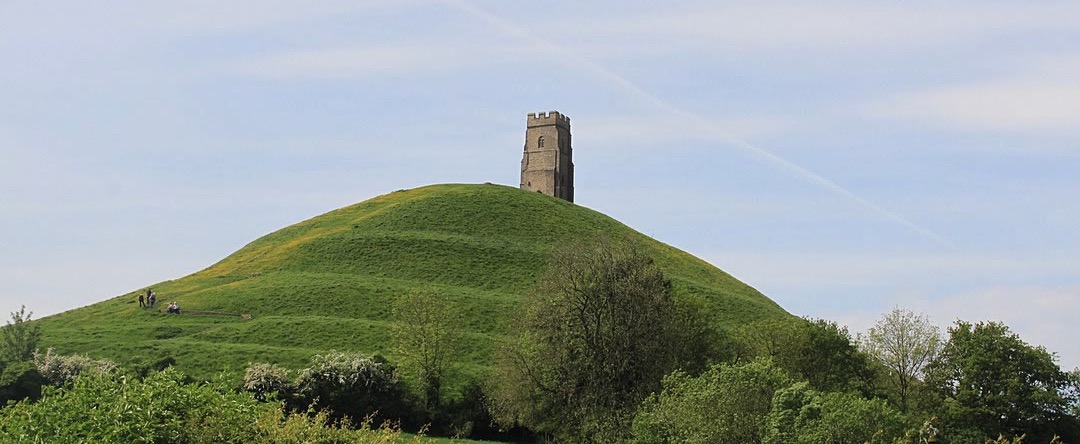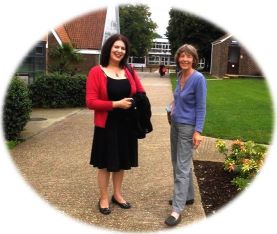‘NEVER OR ALWAYS’
On Wednesday 8th October 1930 JCP celebrated his 58th birthday in the middle of writing A Glastonbury Romance. Later that day JCP wrote in his diary: “What peace, what happiness. Now I have opened my present from the T.T. which is Wilhelm Meister the greatest of all philosophical novels except those of Dostoevsky…I open it again and I read the words of Natalie Never or Always and I think this should be found…as the title of Glastonbury…” JCP’s American publisher rejected this idea for a title. But Goethe’s words of course live on at the very end of A Glastonbury Romance when, invoking the name of Cybele, JCP concludes his romance: “Thus she abides; her Towers forever rising, forever vanishing. Never or Always.” Goethe’s epigram seems to reflect JCP’s own philosophy of life for he was capable of holding together many contradictory, and disparate ideas as in, for instance, his description of Llewelyn’s writing style: “It is sometimes continuous. It is sometimes broken, but it always has a golden thread to lead us safely through life.”
For this our 50th conference we return to the Wessex Hotel in Street situated close to the locations of A Glastonbury Romance and places mentioned by Llewelyn in his regional essays about the West Country. Our speakers will explore a variety of themes evoking Goethe’s epigram such as literary influence, critical neglect, reception and reputation, regionalism, geography, topography, atmosphere, interiors, the idea of ‘home’, thresholds, history, archives, and cultural memory.
On Friday night Charles Lock will examine Llewelyn’s status as a regional writer focusing especially on his essays about people and places in Somerset and Dorset. We are delighted to welcome back to a Powys Society conference Florence Marie who lectures in English studies at the University of Pau in south west France and who delivered a talk on Weymouth Sands at our 2007 conference. Florence will give a lecture on the interior spaces, rooms and thresholds of JCP’s Wessex novels. Goulven le Brech will present a lecture on the Powys archives at IMEC in Caen and will describe the collections of French Powysians such as Michel Gresset, Kenneth White and Jacqueline Peltier. Marcella Henderson-Peal will provide examples of JCP’s translators and publishers in France with reference to source material at IMEC. On Sunday morning Patrick Quigley will examine JCP’s connections with the works of Sir Walter Scott.
On our free Saturday afternoon conference goers will have the opportunity to visit some of the places mentioned by Llewelyn in his essays such as Montacute, the Powys family home from 1885 to 1918 or Stalbridge where the Powys grandfather L. C. Powys was rector from 1838 to 1867. Visitors may wish to go on to Marnhull, Hardy’s Marlott in Tess of the d’Urbervilles, which is situated nearby at the foot of the Blackmore Vale. On Saturday evening we will show a drama/documentary film about JCP made by Herbert Williams for HTV in 1994 called The Great Powys.
On Sunday, after the AGM, we invite members to discuss subjects raised in the lectures and offer their farewell to each other.
During the conference the book room will be open as usual at selected times.Chris Thomas, Hon Secretary



